Perception of Switzerland abroad
Switzerland’s image abroad is very positive even in 2022 because of its landscape, chocolate, cheese, watches, financial center and a strong and stable economy. Swiss neutrality is also a theme that has gained visibility
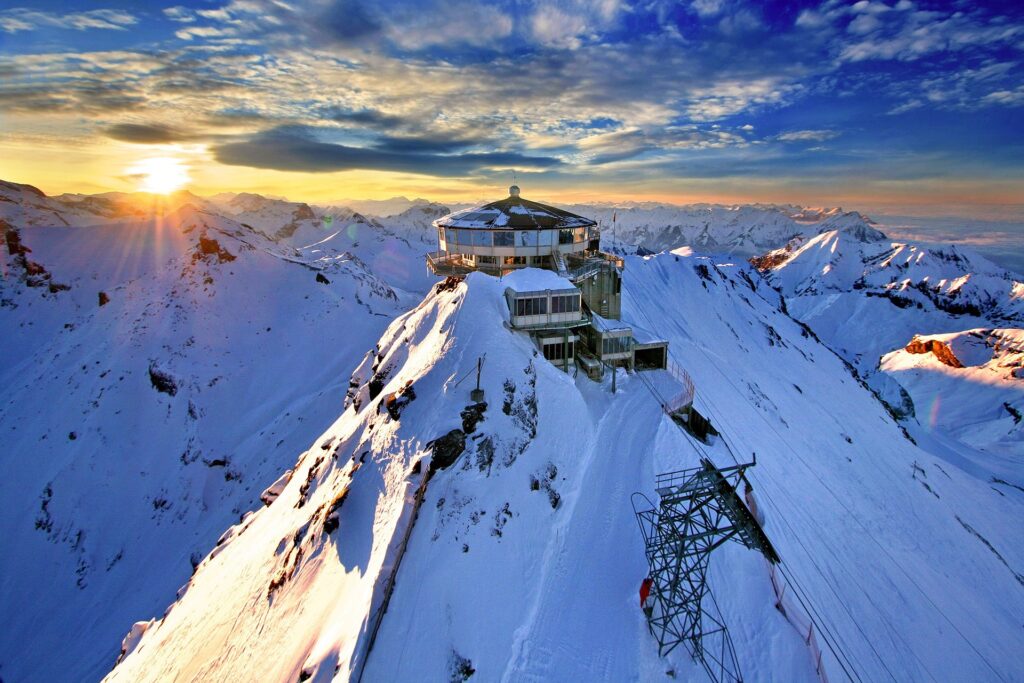
Presence Switzerland, which is part of the FDFA General Secretariat, is tasked with monitoring Switzerland’s image abroad in order to define the basis for international communication. This report analyzes the rest of the world’s perception of Switzerland in 2022 by examining two dimensions of Switzerland’s image abroad:
The first part of the report looks at the country’s representation in the press and social media abroad, namely, how much and how Switzerland was featured in media coverage, increasingly influenced by current events, but also how it was presented to the public.
In contrast, the second part of the annual report focuses on the perception of Switzerland among the general population abroad. The results are based on a representative survey conducted regularly by Presence Switzerland in 18 selected countries on various topics. Combining the two perspectives allows for the identification of similarities and differences, but also the interactions between the two dimensions of perception.
On the media level, the main emphasis in 2022 was on Switzerland’s position in the context of the war in Ukraine, as illustrated in the first part of the report. A great deal of attention was given to Switzerland’s neutrality and the configuration of neutrality policy on concrete issues, for example with respect to sanctions policy or exports of war material. Since the outbreak of the conflict in February, the issue has been almost continuously featured in foreign media. The great importance of political issues for the perception of Switzerland abroad, already noted last year, is thus reconfirmed in 2022. Concrete topics were naturally varied due to current events. Thus, in addition to the war in Ukraine, the focus was on energy supply, while relations between Switzerland and the EU received much less media attention than in the previous year. Other major topics included the financial center, particularly the “Suisse Secrets” data leak, and Credit Suisse-related events, as well as the low inflation rate in Switzerland. In general, the volume of foreign reporting on Switzerland is comparable to that of the previous year.In terms of perception among the population, the current results confirm that Switzerland overall enjoys a very positive image abroad. However, they also show that neutrality was more important to the perception of Switzerland among the general population abroad in 2022 than in previous years, but at the same time it was also the subject of more criticism than in the past.
In addition to these major issues throughout the year, there were some events that temporarily attracted quite a lot of attention in foreign media, such as the WEF in Davos, the future nuclear waste storage site near the German border, and Roger Federer’s retirement.
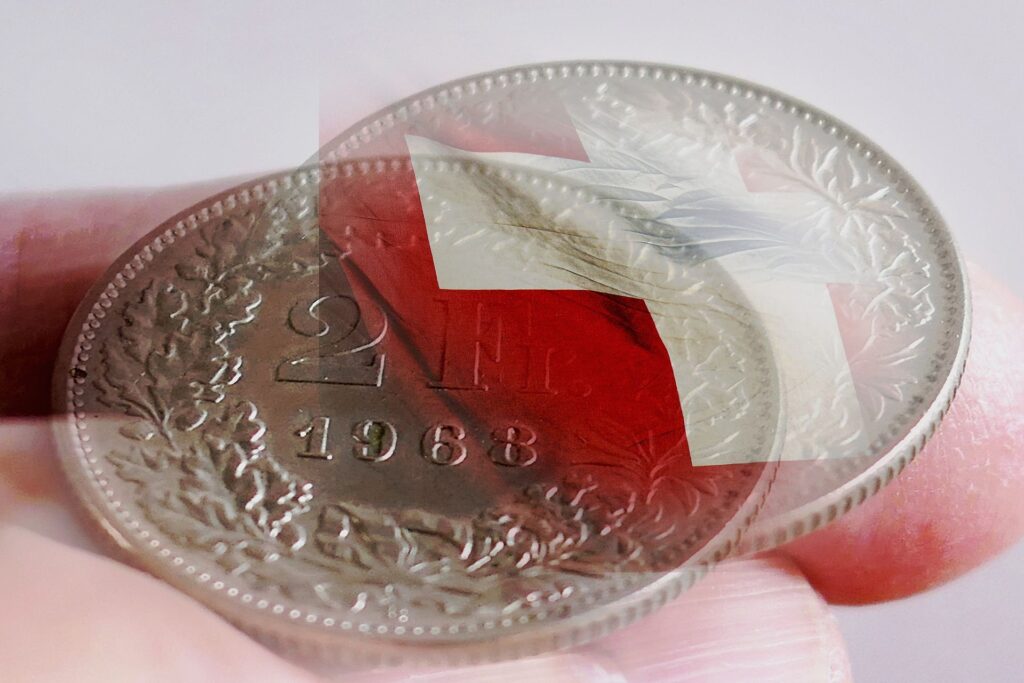
Stable economy
Since the beginning of April, Switzerland’s relatively low inflation compared to other countries has regularly been the subject of positive media coverage. Among the reasons for the low inflation rate, foreign media have mentioned the strong franc and less dependence on world energy prices. In particular, the Swiss National Bank’s monetary policy, e.g., the increase in the key interest rate, which was seen by the media as a surprising and decisive step, has received much positive coverage.

The energy issue
The issue of energy supply has also attracted media attention, due to the war in Ukraine, and in this context, news about Switzerland has also resonated. Three aspects of the issue can be distinguished:
The first concerned Switzerland’s level of preparedness to deal with an energy shortage situation, where according to some media in neighboring countries, there would still be some room for improvement given that in winter the Confederation would depend on energy imports from abroad and, consequently, on solidarity with neighboring European countries. In this context, state subsidies to Axpo were analyzed objectively.
The second aspect dealt with the possible consequences of an energy deficit situation in Switzerland, including, for example, social tensions. This aspect was reported almost exclusively in the Russian media, where, however, it was widely reported.
As for the third aspect, it dealt with energy-saving measures and related penalties for noncompliance. Many foreign media outlets took up with an amused tone Federal Councillor Simonetta Sommaruga’s invitation to shower in pairs to reduce energy consumption. In some polemical slanted articles in the mainstream and social media, there was a distorted report that the Swiss population, in case of energy shortages, would face prison sentences if they did not comply with the temperature limits set for heating. In the same context, a false report was spread on social media that the Swiss government invited people to report wastedenergy that comes to light and offered a reward.
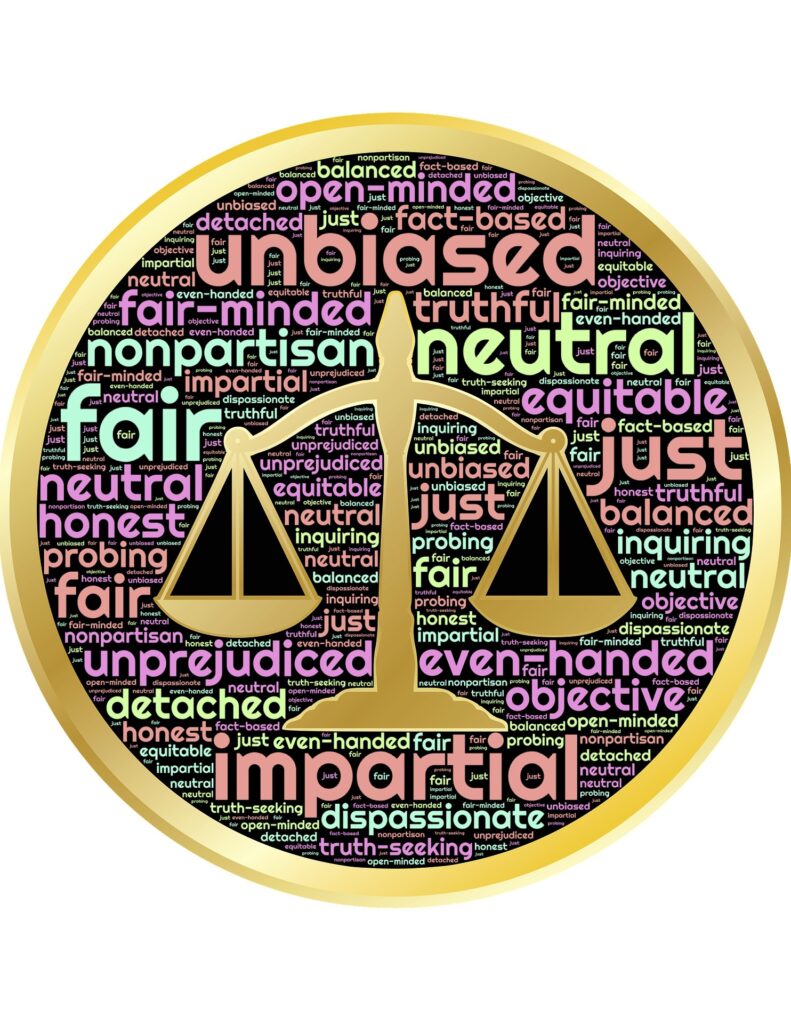
Criticism of neutrality and Credit Suisse
From February onward, the positions and decisions taken by Switzerland with respect to the war in Ukraine have been a recurring theme in foreign news reports whose attention has often focused on the assessment of neutrality and its policy.
At the root of the criticism of neutrality have been concrete decisions by Switzerland that, in Europe, in English-speaking countries and, since the summer, in Russia as well, have been perceived as unsupportive.
The media coverage can be divided into four phases.
At the first stage, immediately after the outbreak of the war, Switzerland’s decision to resume EU sanctions against Russia only in the form of measures to prevent circumvention operations caused some consternation. Especially on social media, the decision received a lot of criticism and controversy and was labeled as immoral, as Switzerland, according to some, was putting profit before life.
In the second phase, starting at the end of February, the subsequent decision to fully adopt the EU sanctions drew a very positive reaction worldwide. “Even Switzerland” had decided to participate: so commented many media outlets; among the voices to this effect was that of U.S. President Joe Biden in his State of the Union address.
In a third phase, beginning in mid-March, hesitation in implementing sanctions, noted by some non-Russian media, raised new criticism. In this context, demands by Ukrainian President Zelensky to Switzerland to freeze assets belonging to Russian oligarchs attracted particular attention. Another topic of discussion concerned the importance of Switzerland to the Russian gold and commodities trade and to Russian oligarchs. In the context of managing the oligarchs’ assets, critics, especially in the European media, described Switzerland’s neutrality as an opportunistic tool to pursue its own economic interests.
In a fourth phase, which began in late April and is still ongoing, non-Russian media have discussed neutrality as an obstacle to support for Ukraine and as an instrument of security policy. A great deal of critical attention was repeatedly paid to the blockade, decided by Switzerland by referring to its own neutrality and its own legislation on war material, of the transfer by third countries to Ukraine of armaments, particularly munitions produced in Switzerland.
Concrete measures taken by Switzerland in support of Ukraine, such as the allocation of 100 million francs under the Winter Relief Action Plan, have received very little visibility. Positive narratives related to neutrality (e.g., Switzerland’s good offices) were almost absent in 2022, unlike the previous year with the Biden-Putin summit in Geneva. Switzerland’s presence in the Russian media has intensified since the fourth phase, with articles with an increasingly critical slant. Indeed, Russian media accused Switzerland of jeopardizing its credibility as a neutral country by accepting EU sanctions in full and declared that it was no longer eligible for a mandate as a protecting power between Russia and Ukraine.At the same time, the Ukraine Recovery Conference in Lugano also attracted some interest from the international media, particularly regarding the conference’s content and themes. Speeches by President of the Swiss Confederation Ignazio Cassis in various influential foreign media gave international visibility to Switzerland’s position on its neutrality and the implementation of the relevant policy. The news of Switzerland’s refusal to accept Ukrainian war wounded in the name of its neutrality also resonated in the media. The recommendation, often misinterpreted by foreign media as an official government decision, was in some cases the subject of strong criticism, both in the press and on social media, which even the subsequent reception of the wounded could not dampen. The Federal Council’s decision in September to maintain its usual orientation in neutrality policy has had only very limited media resonance outside Russia.
The Swiss financial center, particularly the large bank Credit Suisse, has also been the focus of international media attention several times in 2022: Credit Suisse has allegedly helped corrupt politicians, public officials and criminals launder money and evade tax in the past. The news was reported in February by numerous media outlets around the world following a coordinated investigation conducted by an international network of journalists called “Suisse Secrets.” On the one hand, articles focused on the bank itself and on personalities whose financial activities, suspected to be illicit, were identified thanks to account data leaked to the media. Such personalities, often public, have attracted the interest
of the media in their respective countries. In addition, articles have reported that there would be no automatic exchange of information with many countries deemed particularly risky.
Even regardless of the “Suisse Secrets” media case, Credit Suisse was repeatedly the subject of negative reports and criticism by foreign media during the year.
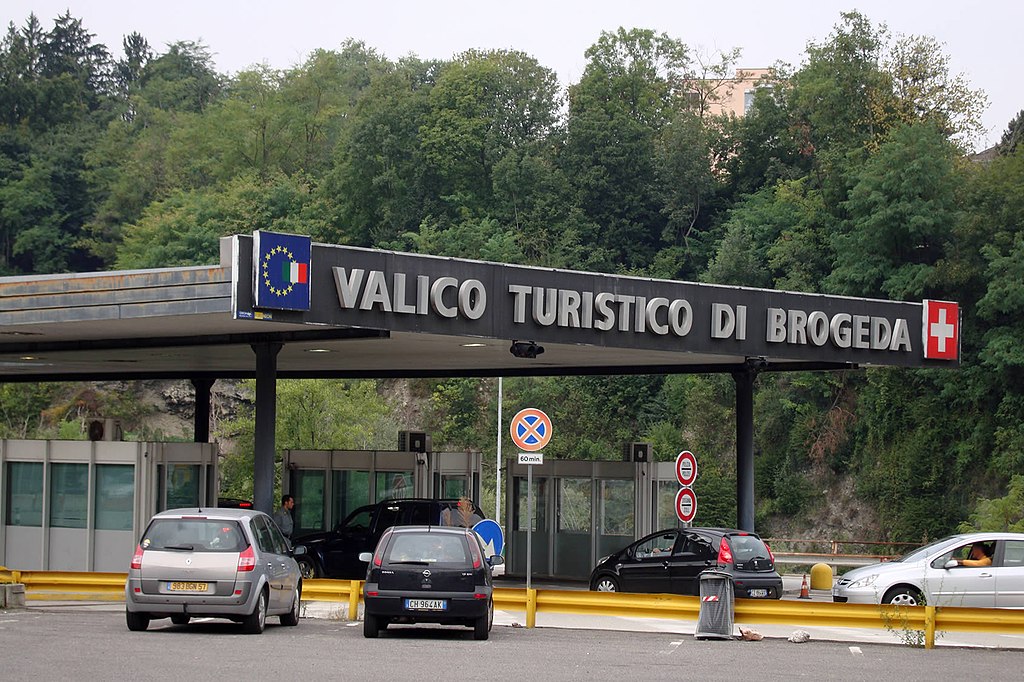
Switzerland-EU relations
Compared to last year, foreign media paid much less attention to Swiss-EU relations this year. These were sporadically commented on critically by the German and French media. In February, in the context of the “Stick to Science” campaign, Switzerland’s status in the Horizon Europe program as a “non-associated third state” was also discussed on social media. In November, especially in Europe, the media wondered to what extent the Swiss example lent itself to be taken as a model for UK-EU relations. In most cases, they found the relationship between Switzerland and the EU complicated. Although the topic of Switzerland’s relationship with the EU was rarely addressed explicitly in 2022, it was implicitly present as a cross-cutting theme in a number of other issues, particularly in news reports about a possible energy shortage situation and sanctions in the context of the war in Ukraine.
Excellent bilateral relations between Switzerland and Liechtenstein
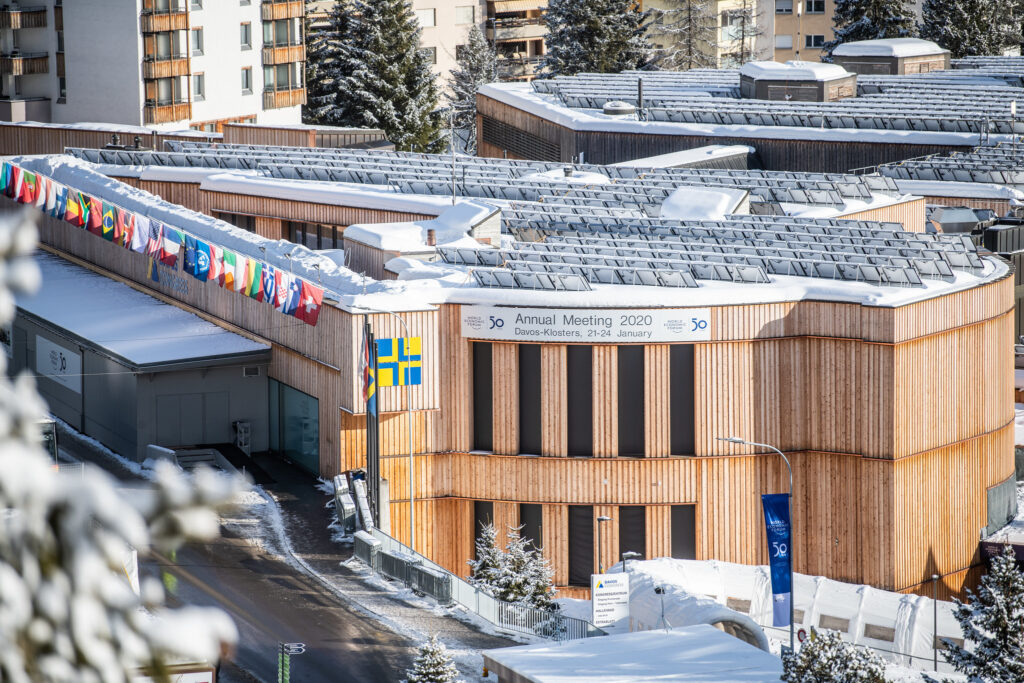
WEF and Skyguide failure
In addition to the aforementioned themes, which were taken up several times throughout the year, some events and episodes were particularly crucial to the media perception of Switzerland abroad in 2022. The World Economic Forum (WEF) in Davos catalyzed a great deal of attention, albeit to a much lesser extent than in the past. The closure of Swiss airspace due to a technical failure at the air traffic control company Skyguide also received a great deal of attention in foreign media.
World Economic Forum Annual Meeting 22—26 May 2022
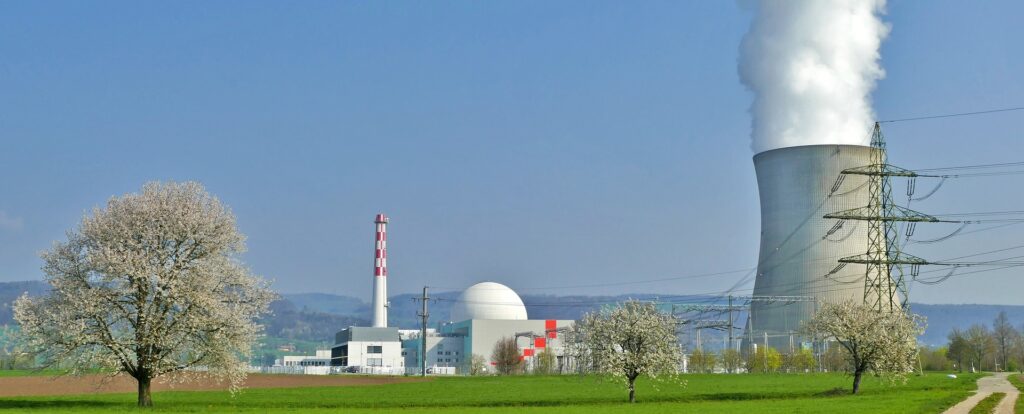
Nuclear waste repository
The decision on the future site for the nuclear waste repository near the German border has elicited many reactions in German-speaking countries and beyond. Media comments in Germany have been divergent: on the one hand, the resident population is said to be concerned about this decision and the German political class is said to feel displaced; on the other hand, the Swiss authorities are said to be reliable and the decision-making process transparent and participatory.
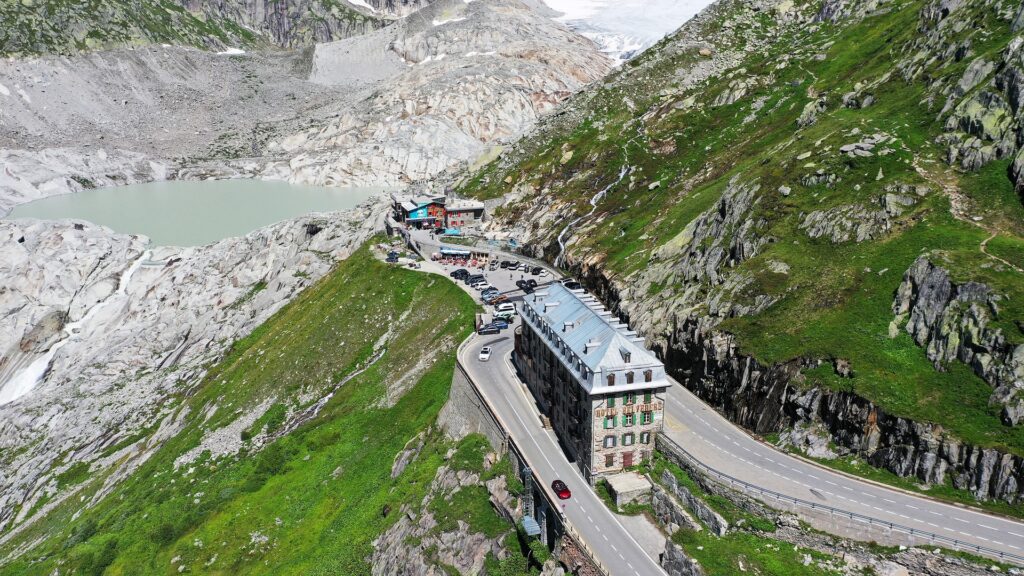
Melting glaciers
The record melting of glaciers recorded in Switzerland this year has had worldwide media resonance. Several Swiss studies have attracted attention, according to which glaciers lost more than 6 percent of their volume in 2022 alone and half their volume in the past 85 years. In addition, many foreign media have documented the visible effects of glacial mass losses, such as the resurfacing from the ice of a mountain pass after more than 2,000 years, the shifting of the Swiss-Italian border, or the discovery of human remains and objects due to melting ice. Some articles have referred to glaciers as part of Switzerland’s national heritage or emphasized their importance for Europe’s water supply. The extensive media coverage is mainly attributable to the global relevance of the climate change issue. However, the iconic value of glaciers as a symbol of the Alps and their threat posed by climate change have also helped keep media attention high. Indirectly, thanks to media coverage, the quality of Swiss research has also gained global visibility.
Climate change and consequences

Sports and Roger Federer’s retirement
Sports events made less headlines in 2022 than in previous years. Most attention was focused on the retirement of Swiss tennis player Roger Federer. In addition to his outstanding sports achievements, the media praised his person in general. The Swiss national soccer team at the World Cup in Qatar also received media attention.
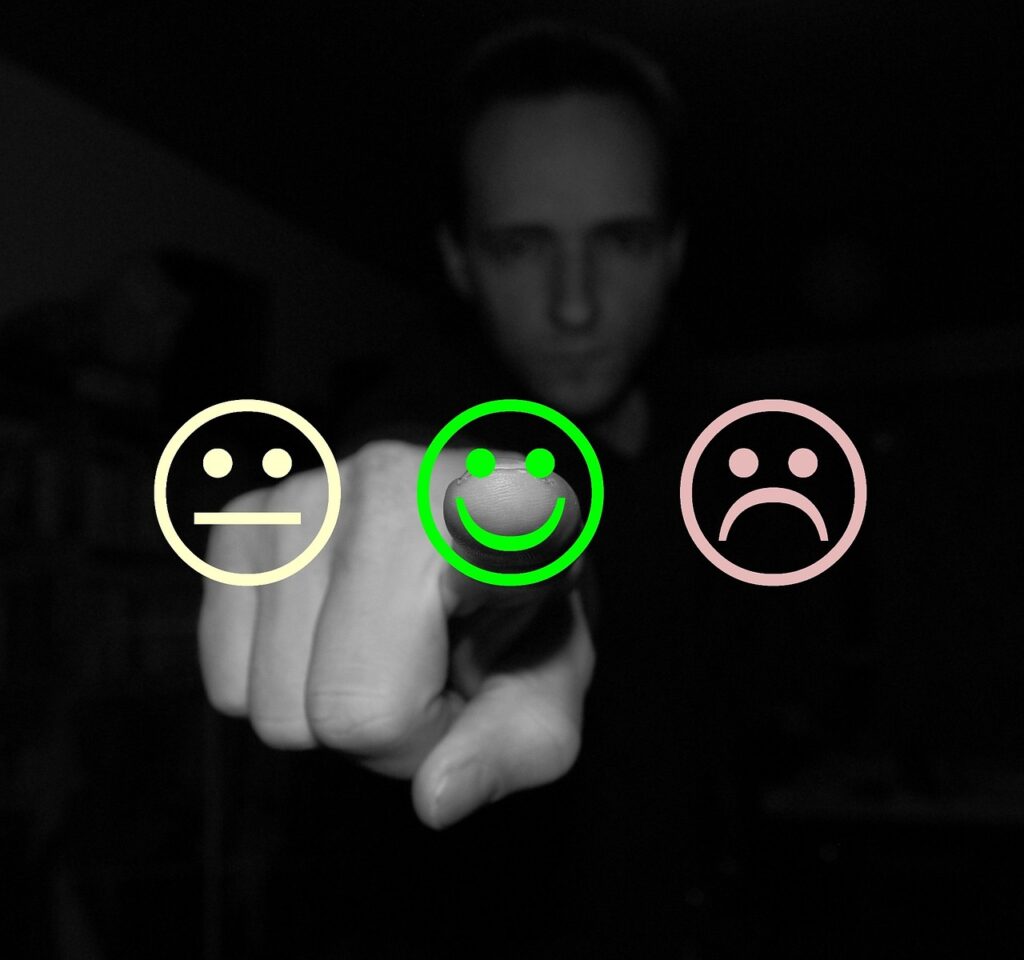
Switzerland as seen by the population abroad
Unlike the media perception, which is strongly influenced by current events and therefore more unstable, the perception of Switzerland among the general population abroad is less subject to great fluctuations. In principle, Switzerland enjoys a positive and stable image.
This year, however, the foreign population has also become more sensitive to the issue of Swiss neutrality, probably due to the extensive media coverage on this topic in fact, it is mentioned more often in the question regarding spontaneous associations with Switzerland than in previous years’ surveys. Certain clichés and stereotypes are still at the top of the list: Switzerland is first and foremost associated with mountains, chocolate, watches and the financial center.
Also characterizing the country’s image are the strength and stability of the economy and the high quality of life. Despite various criticisms in the press such as in the case of Credit Suisse or the “Suisse Secrets” revelations, the Swiss financial center continues to enjoy a good reputation among people abroad judged as significantly better than those of Germany, the United Kingdom, the United States and Singapore. The Swiss financial center also receives very positive evaluations in terms of ethical integrity in fact, more than half of the respondents believe that Swiss banks and financial institutions engage in ethical and responsible behavior.
General opinion of Switzerland compared to the benchmark
Benchmarking is a method of evaluation based on a comparison with “best in class,” used as a benchmark (benchmark) whatever the sector to which it belongs.
The general opinion of Switzerland ranks high in international comparison: on a scale of -100 to +100, Switzerland scores an excellent average of +60 points.
In a comparison with seven countries defined as benchmarks (Denmark, Germany, Canada, the Netherlands, Sweden, the United States and the United Kingdom), Switzerland ranks first, slightly behind Canada. In terms of overall impression, Switzerland also ranks first or second in most individual countries, behind Canada.
Source: Presence Switzerland – Federal Department of Foreign Affairs FDFA





